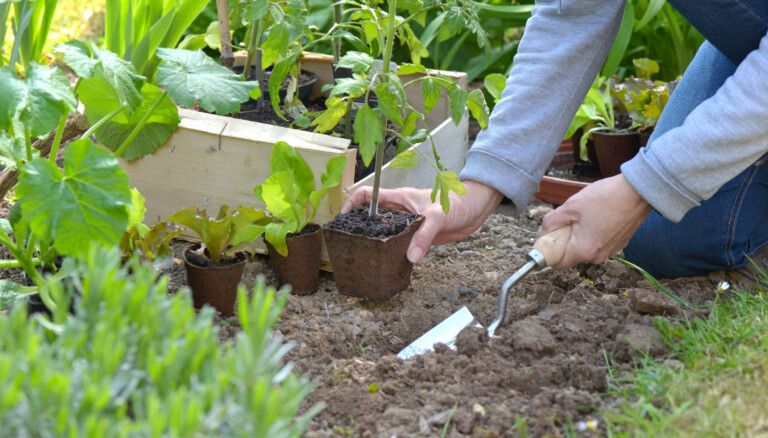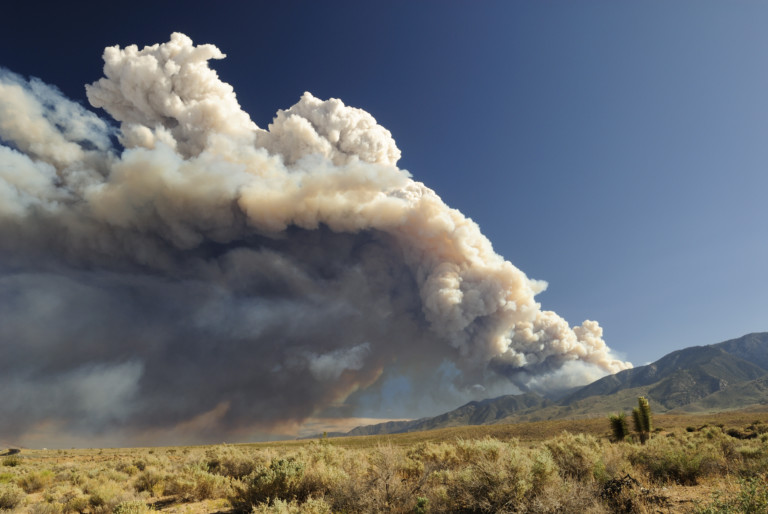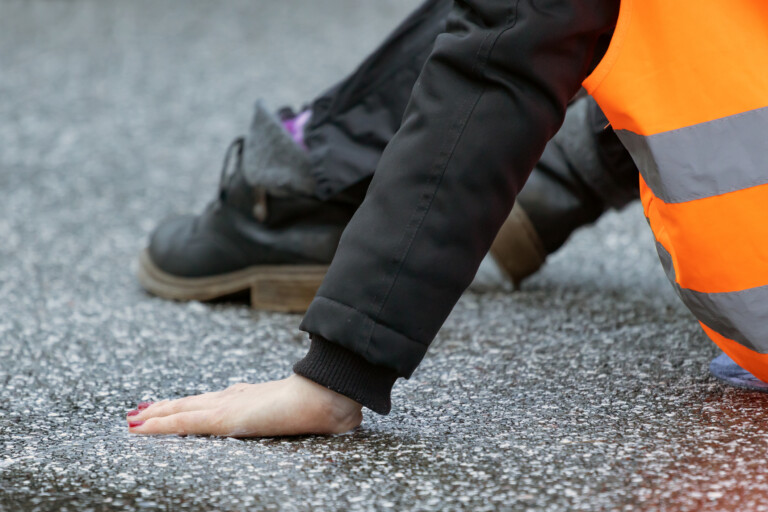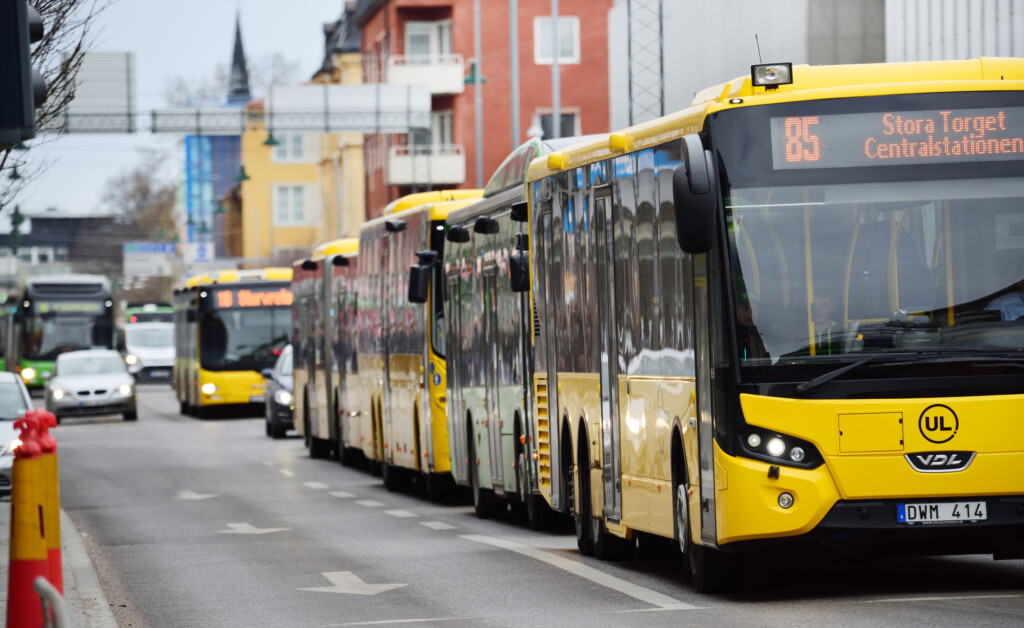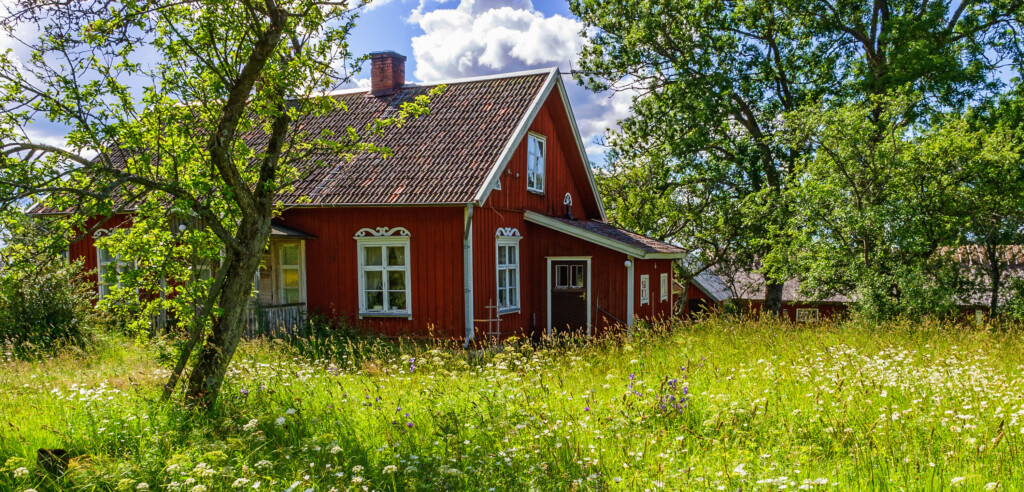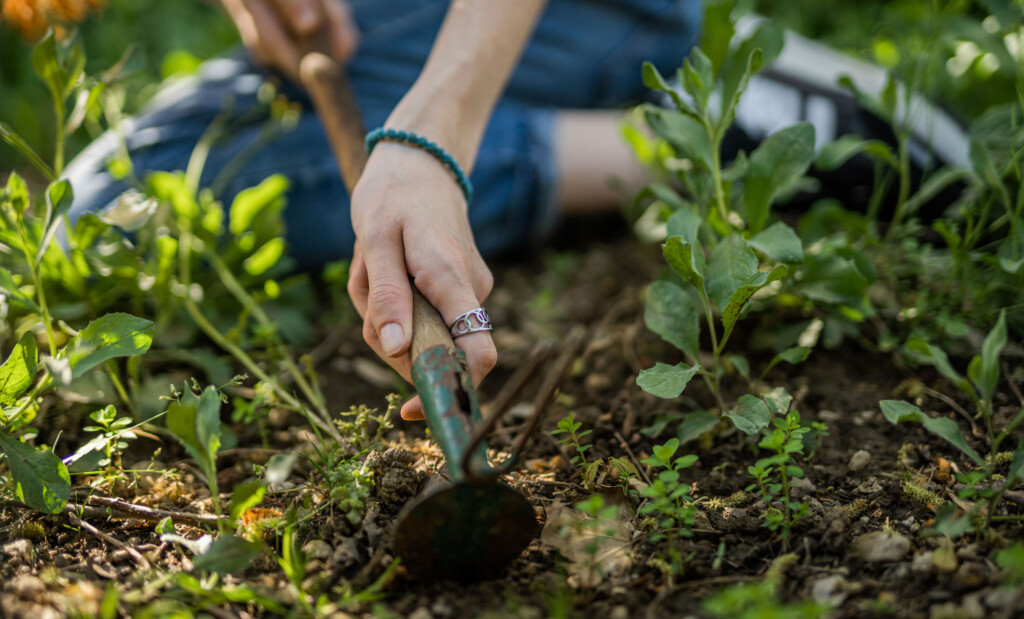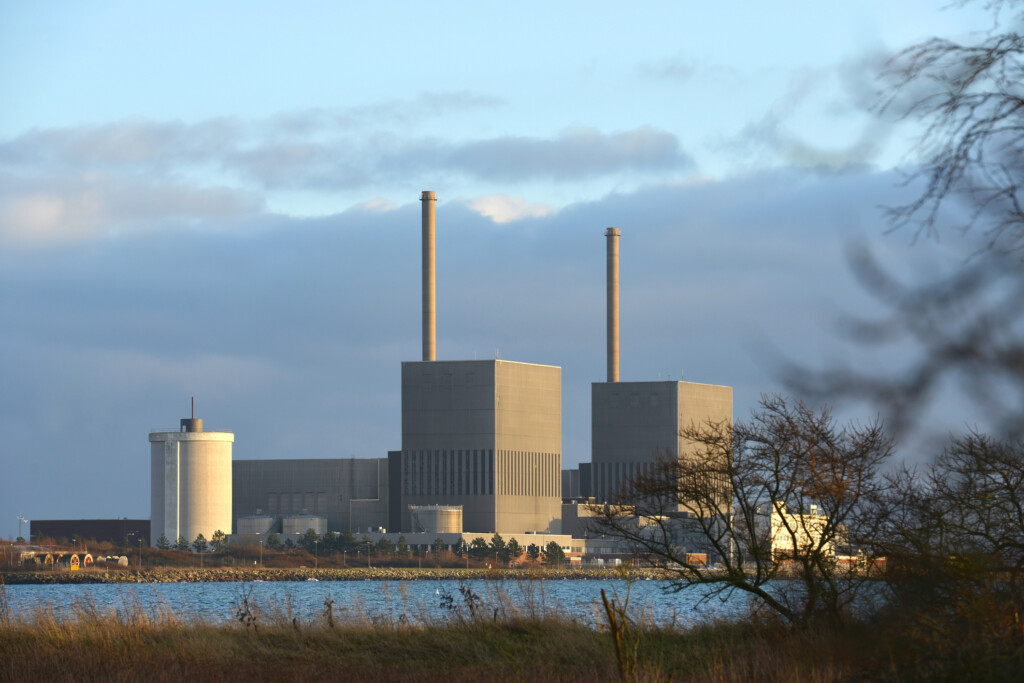Sustainable cities
“Continuing aid is of the essence”
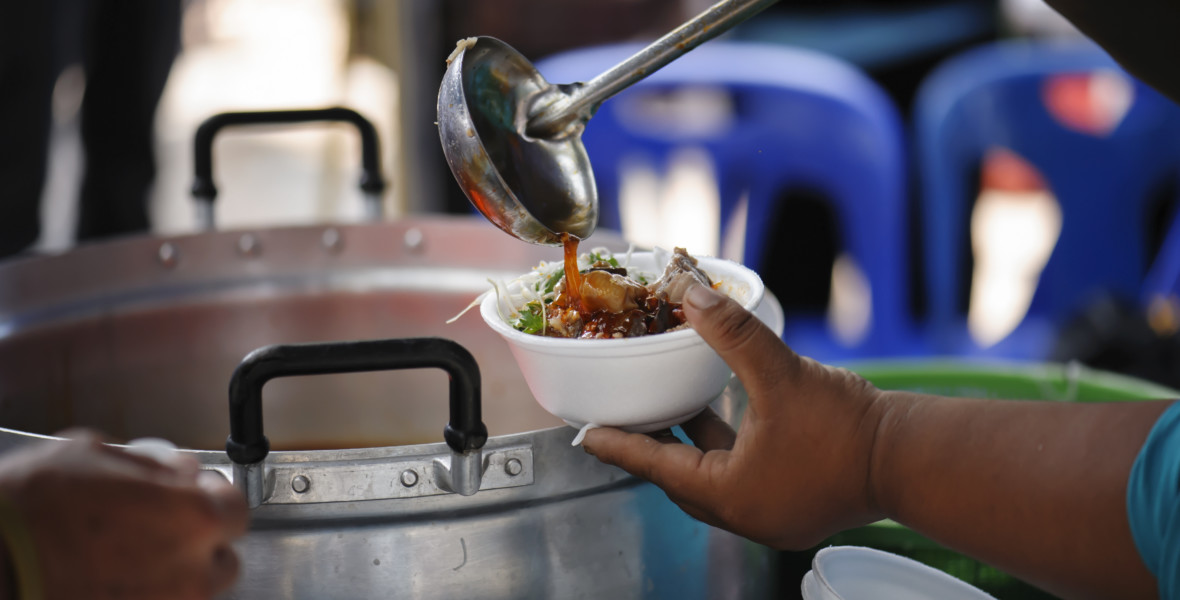
The world’s economies are crashing, and the coronavirus could double the number of people suffering from acute hunger. The pandemic is reinforcing global injustices and there is only one way forward – cooperation. Extrakt has spoken with the highest ranking Swede in the UN.
Prenumerera på Extrakts nyhetsbrev!
Läs mer
Håll dig uppdaterad! Få kunskapen, idéerna och de nya lösningarna för ett hållbart samhälle.
Personal data is stored only for the mailing of Extrakt newsletters and information related to Extrakt’s operations. You can cancel the newsletter at any time, which means you will no longer receive any emails from us
The corona pandemic could double the number of people suffering from acute hunger. This was the warning of the UN World Food Programme at the publication of the Global Report on Food Crises, a regular report on food crises around the world.
Although it is too early to say exactly how the pandemic will strike, there is no doubt about its consequences.
“When we talk to our Member States, we see economies in freefall. Some countries risk rolling back the clock in terms of their development. This is true for the entire global economy, and all countries are currently suffering from the economic crisis brought about by Covid-19. We are seeing negative GDP growth in all kinds of countries, in the poorest countries but even in countries like Nigeria, Brazil, Spain and Germany,” says Ulrika Modéer, director of the UNDP’s Bureau of External Relations and Advocacy.
Global aid, which is based on a percentage of countries’ gross national income (GNI), can thus be impacted by economic circumstances.
“There is a great risk that global aid will decline at a time when it’s needed the most. The pandemic clearly shows that we need to invest in increased international cooperation.”
Major problems of inequality
The pandemic should be viewed not only as a health and humanitarian crisis. As Modéer explains, it also exposes other shortcomings.
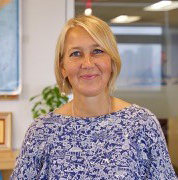
“We have enormous problems of inequality. One example is the health care system, which is substandard in many countries, even in high-income countries like the United States.”
Even before the pandemic, inequality was evolving in the wrong direction both within and between countries.
“In 2019 we saw clear examples of how inequalities in society were not being accepted by the population, with protests in several countries.”
The latest Human Development Report addresses the issue of inequality. The report reveals that people do not have, or feel that they do not have, the same opportunities as previous generations and that they want to be able to do more beyond merely coping with their everyday lives.
And the current corona crisis has exacerbated inequality, Modéer says.
“We see this in a number of different areas throughout the world: the pandemic is fuelling more domestic violence and is preventing access to contraception and abortion.”
Working together for a sustainable future
She stresses that many people have shown solidarity during the crisis, citing cooperation between the public sector and civil society, but points out that there is fertile ground for disinformation and fake news.
But how do you reach out to refugee camps and other affected areas where the population is not necessarily literate?
“The availability of mobile phones has grown explosively even in many poor countries and we have new collaborative initiatives, such as with WhatsApp. These types of stakeholders have shown great interest. In China, we were early with providing translations into all minority languages, especially to groups that were already facing discrimination,” Modéer says.
“Leave no one behind” is one of the central tenets of the SDGs. Is it being complied with when many nations are closing their borders?
“No. I see huge risks for a world with widening divisions and political polarisation with signs of nationalism and populism. That’s why it’s so incredibly important for those sectors of society that see the potential of sustainable development to come together, so we can create solutions that will restore people’s faith in the future. Academia, the business community, civil society and politicians must act together for a sustainable future, where everyone’s rights are supported and where every individual can contribute based on their own abilities.”
National climate promises
What will happen to the 2020 climate issue?
“It was supposed to be the super-year for nature, but now climate negotiations and the development of a global strategic plan for biodiversity have been postponed. At UNDP, we are now working on national climate promises, our commitment to support 100 countries in achieving their nationally determined contributions. But we’re now up to 121.”
As the corona pandemic continues to claim lives, considerable resources are being put into curbing the crisis. What other areas must be top of mind during the pandemic?
“We’ve got to keep on investing and boosting the ability of countries to deal with this crisis; otherwise, we’ll be faced with this situation again. Continuing aid is of the essence.”
GLOBAL REPORT ON FOOD CRISES
The Global Report on Food Crises, released on 20 April, includes the following key data:
• Some 265 million people in low- and middle-income countries will experience acute food insecurity by the end of 2020 unless urgent action is taken.
• The majority of people suffering from acute food insecurity in 2019 were in countries affected by conflict (77 million), climate change (34 million) and economic crises (24 million people).
• Ten countries constituted the worst food crises in 2019: Yemen, the Democratic Republic of the Congo, Afghanistan, Venezuela (Bolivarian Republic of), Ethiopia, South Sudan, Syria, the Sudan, Nigeria and Haiti.
• 61 percent of South Sudan’s population was in a food crisis (or worse) in 2019. Six other countries also saw at least 35 percent of their populations in a food crisis: Sudan, Yemen, the Central African Republic, Zimbabwe, Afghanistan, the Syrian Arab Republic and Haiti.
About aid
There are two types of aid. Humanitarian aid is the most visible form of aid and consists of emergency aid in the event of various disasters. Longer-term aid is called development cooperation and aims to achieve sustainable changes in society.
High-income countries such as Sweden often provide direct aid, but they also give money through the UN, the EU and other international organisations involved in development. Development projects can also be run by organisations or grassroots movements.
It is important that aid is provided based on the recipient’s conditions. Grassroots movements, women’s groups, environmental movements and trade unions are important actors in civil society that work to improve the living conditions of the poor.
Sweden’s aid
Swedish aid helps to reduce poverty in the world. Everyone who lives in Sweden and pays taxes is involved and makes a contribution. The aid supports the economic and political development of poor countries. It strengthens democracy in these countries, creating the conditions for them to reduce poverty themselves. Sida, the Swedish International Development Cooperation Agency, is the government agency in charge of Swedish aid.
UN
The United Nations is an intergovernmental organisation founded on 24 October 1945 to promote international cooperation. Today, the UN consists of 193 Member States that work together for peace, human rights, and economic and social progress.
UNDP
The United Nations Development Program (UNDP) is the UN’s body for development efforts. UNDP is present in over 170 countries. It helps them implement the 2030 Agenda, prevent crises and conflicts, eliminate poverty, develop their institutional capacity and strengthen gender equality, human rights and democracy to achieve long-term development outcomes. Source: Globalportalen.org
